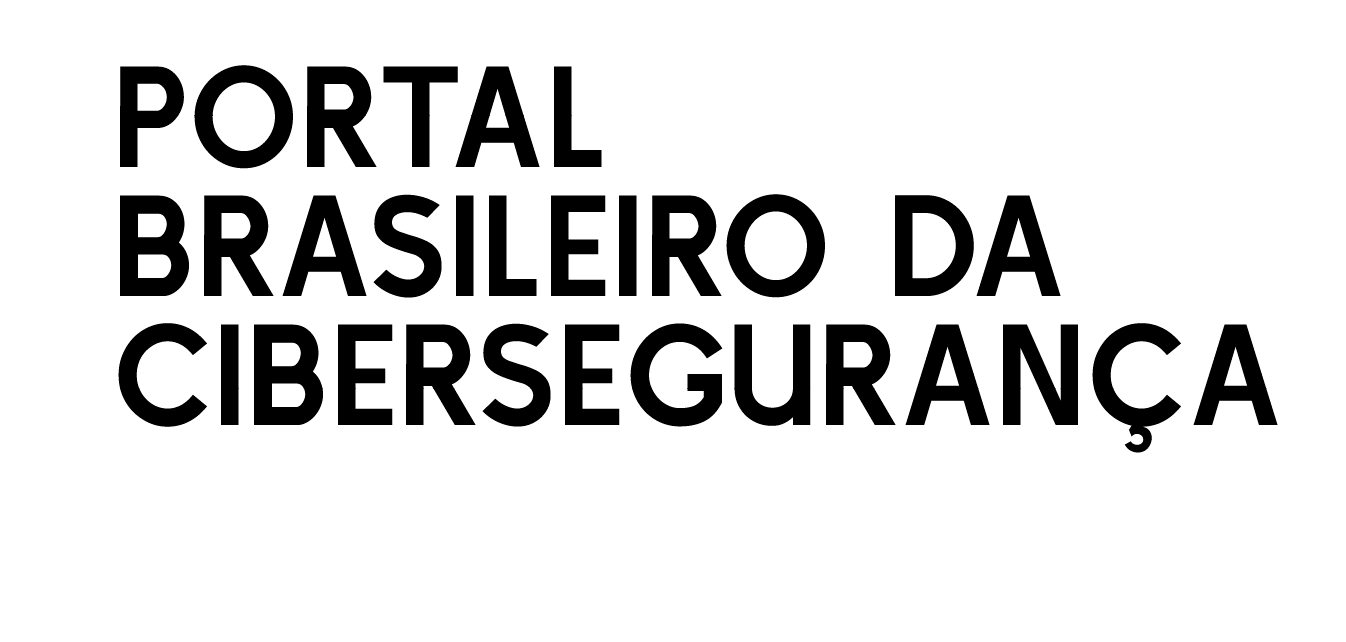Approval of the Antiterrorism Law - 4128
Law nº 13.260 regulates what is registered in the item XLIII from the 5th article of the Federal Constitution, conceptualizing terrorism, dealing with exploratory and procedural dispositions and rebuilding the concept of a terrorist organization. This law modifies Law nº 7.960 (12/21/1989) and Law nº


